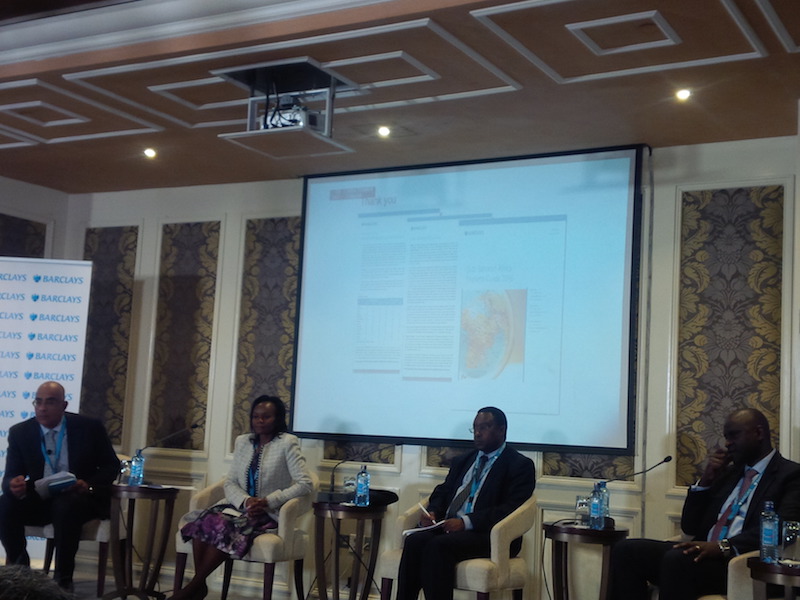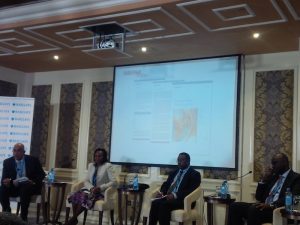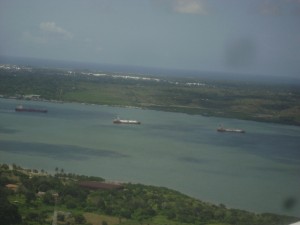There was an interesting screen shot of the amount of customs tax collected by the Kenya Revenue Authority (KRA) on 16 December 2016.
It showed a total of Kshs 1.57 billion collected that day. Of that, Kshs 1.24 billion (79%) was recorded at Mombasa, and Kshs 139 million (9%) at Nairobi. Other top collection points were 6% at Nairobi’s JKIA airport, 2% at Mombasa Airport and at Pepe Containers each, and 1% (Kshs 15 million) at Busia town.
Other centers listed include Eldoret and Wilson airports, and border towns of Moyale (Kshs 640,000), Isabanya, Namanga and Malaba which all recorded small collections. Other centres were Lamu with Kshs 21,000 and Kshs Kisumu 10,000. Mombasa had 1,887 transactions, JKIA had 1,205 transactions, Busia had 141, as Lamu had just 3 on that day.
In 2016, KRA collected Kshs 1.2 trillion of revenue for the government, which included Kshs 386 billion of customs tax – which works out to almost Kshs 1 billion per day. So Friday, December 16, was an exceptional collection day that came just before the Christmas break.
It’s worth noting that landlocked countries in East Africa are also able to pay tax and clear goods at Mombasa before transportation to the countries. This is done to prevent dumping of untaxed cargo during transit through Kenya.
KRA’s strategic corporate plan calls for clearing more cargo at Internal Container Depots (ICD’s) and this may have implications for Customs’ deployment of staff in the coast region. KRA’s 6th corporate plan also noted that the perception of corruption is highest at Customs service area at 66%.






